Course Architect - Tailored Course Design
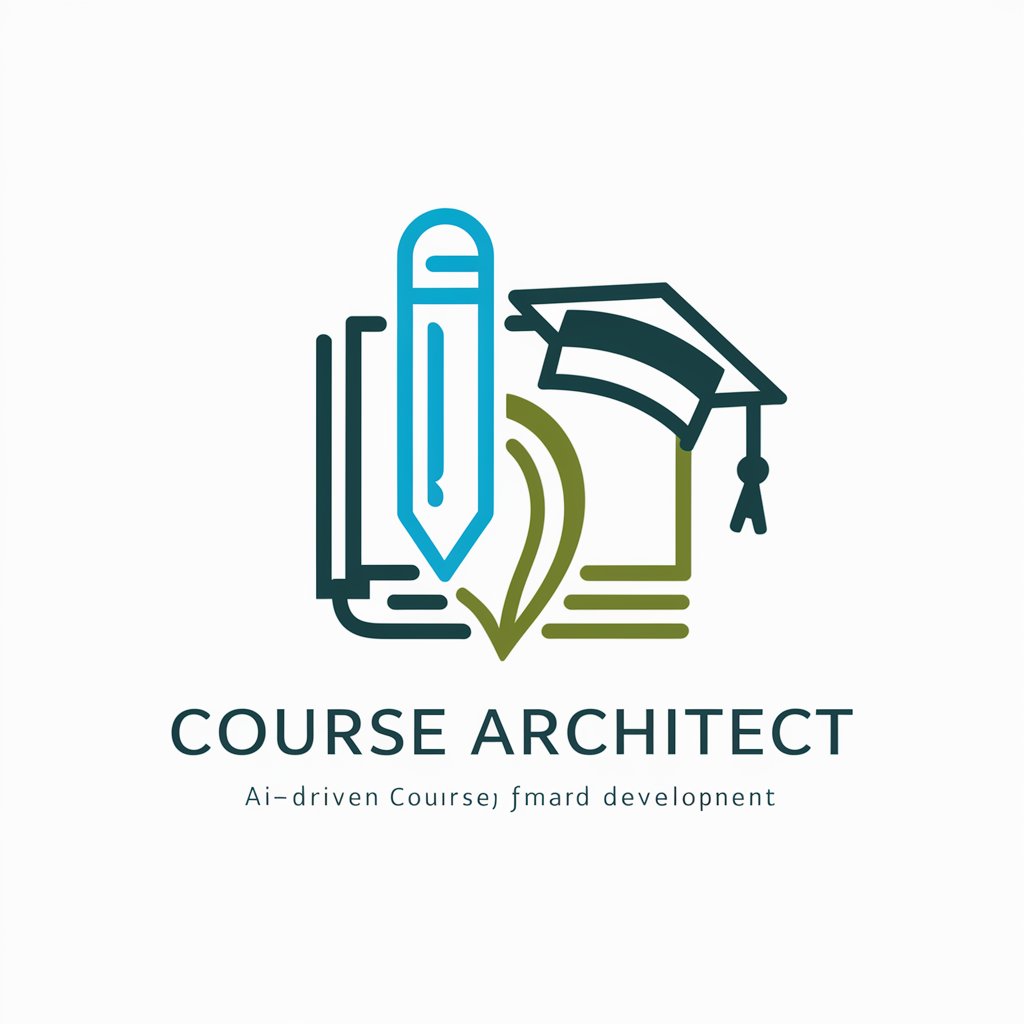
Welcome to Course Architect, your guide to effective course design!
AI-driven course design assistance
Can you help me align my course objectives with assessments?
What are some effective strategies for creating an inclusive online course?
How can I incorporate interactive elements into my course?
What are the best practices for providing effective feedback in online courses?
Get Embed Code
Introduction to Course Architect
Course Architect is a specialized tool designed to assist educators, instructional designers, and subject matter experts in developing comprehensive and engaging online courses. Its primary focus is on aligning course objectives with content, assessment strategies, and incorporating effective online presence. Course Architect distinguishes itself by offering a customized approach to course development, ensuring that all course elements are cohesive and support the intended learning outcomes. For example, when developing a course on Environmental Science, Course Architect would guide the user through defining clear learning objectives, such as understanding the impact of human activity on ecosystems, and then suggest relevant content, interactive activities, and assessment methods that align with these objectives. It also provides advice on using Learning Management Systems (LMS) to create accessible and inclusive learning environments, setting up effective feedback mechanisms, and incorporating interactive elements to enhance student engagement. Powered by ChatGPT-4o。

Main Functions of Course Architect
Alignment of Objectives, Content, and Assessments
Example
Ensuring that a course on Digital Marketing aligns its learning objectives with content and assessments. For instance, if a learning objective is to understand SEO strategies, Course Architect would recommend content that covers SEO fundamentals and suggest assessments like case studies or projects where students develop SEO plans for real or hypothetical businesses.
Scenario
Used by educators to ensure that their course materials and assessments directly support their learning objectives, promoting a coherent learning experience.
Incorporation of Online Presence
Example
Guidance on creating an engaging online presence for a course on Modern Art History, including suggestions for virtual museum tours, online discussion forums for critiquing art pieces, and guest lectures via video conferencing from art historians.
Scenario
Applied by course creators to enhance the online learning environment, making it more interactive and engaging for students.
Advice on Using LMS Platforms
Example
Providing detailed instructions on leveraging the features of popular LMS platforms like Canvas or Moodle to create structured and accessible course layouts, including how to use grading rubrics, discussion boards, and quizzes effectively.
Scenario
Utilized by instructional designers to optimize the digital infrastructure of their courses, ensuring a seamless and user-friendly experience for both instructors and learners.
Ideal Users of Course Architect Services
Educators and Professors
Individuals who are responsible for developing and delivering course content in higher education or K-12 settings. They benefit from Course Architect by receiving support in translating their subject matter expertise into structured, engaging online courses that meet educational standards and foster student success.
Instructional Designers
Professionals who specialize in creating educational experiences and materials. Course Architect helps them align learning objectives with content and assessments, incorporate effective online teaching strategies, and use LMS platforms efficiently, thus enabling them to design high-quality online courses.
Subject Matter Experts
Experts in specific fields looking to create educational content or courses. Course Architect assists them in structuring their knowledge into digestible, engaging online learning experiences that are pedagogically sound and aligned with learning outcomes.

How to Use Course Architect
Start Your Journey
Begin by visiting yeschat.ai for a complimentary trial experience, accessible without the necessity of logging in or subscribing to ChatGPT Plus.
Define Your Course Goals
Identify and articulate the main objectives of your course. Consider what you want your students to learn and how you plan to measure their success.
Select Your Content
Choose the topics and materials that will best help you achieve your course objectives. Course Architect can suggest resources and content types suitable for your goals.
Design Assessments
Create assessments aligned with your course objectives. Course Architect can help develop rubrics and suggest diverse assessment strategies.
Incorporate Online Presence
Plan how to integrate interactive elements and online tools into your course. Course Architect offers advice on engaging students and enhancing learning with technology.
Try other advanced and practical GPTs
EasyJourney AI
Tailoring Your Journey with AI

Book Synopsis Wizard
Instantly decipher any book's essence.

Fitness GPT
AI-Powered Personal Training

Excel Helper | ✨Noovy | 🛠️ Tools
AI-powered Excel Solutions

MedicGPT
Empowering medical discovery with AI
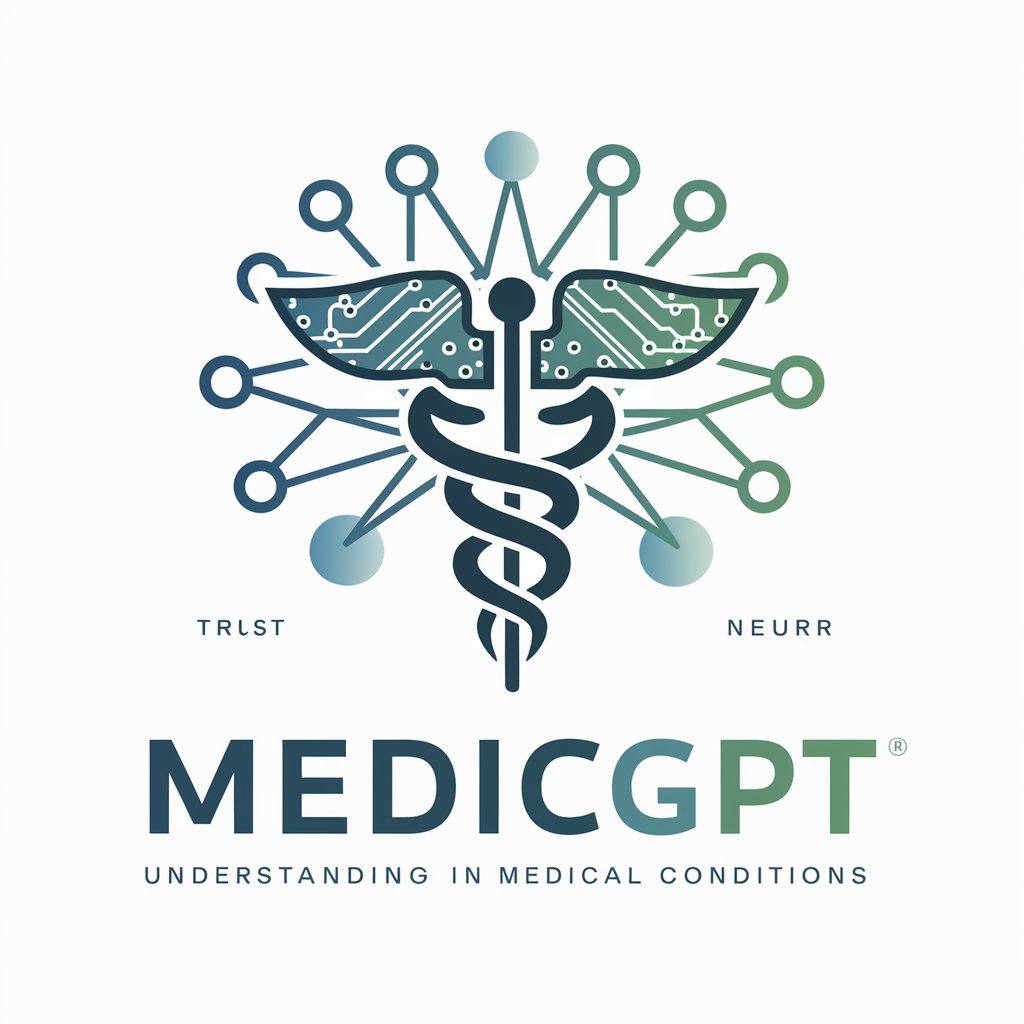
EliteFitnessLab AI
Revolutionizing Fitness with AI-Powered Personalization

Music Master
Unravel the Stories Behind the Music
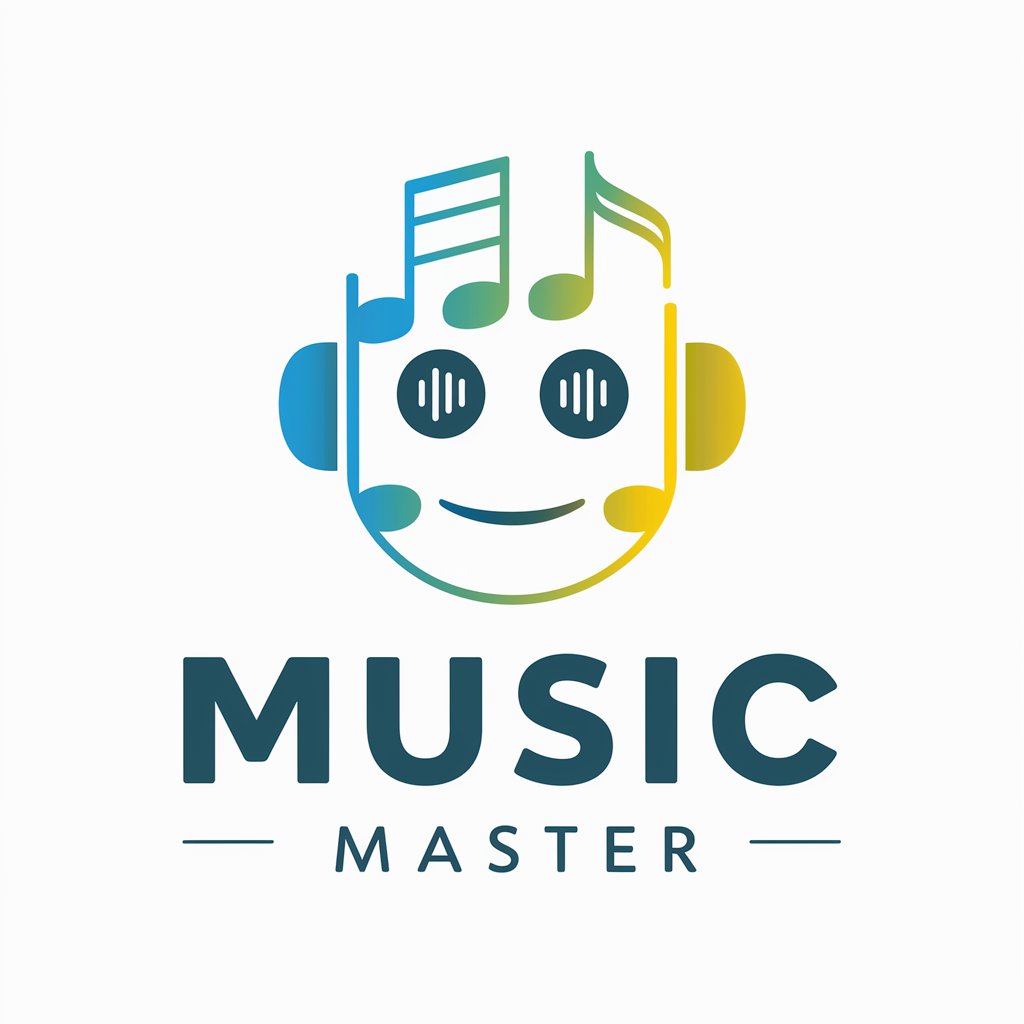
Finance Tutor
Empowering financial literacy with AI

Empathia
Empowering Change Through AI-Powered CBT
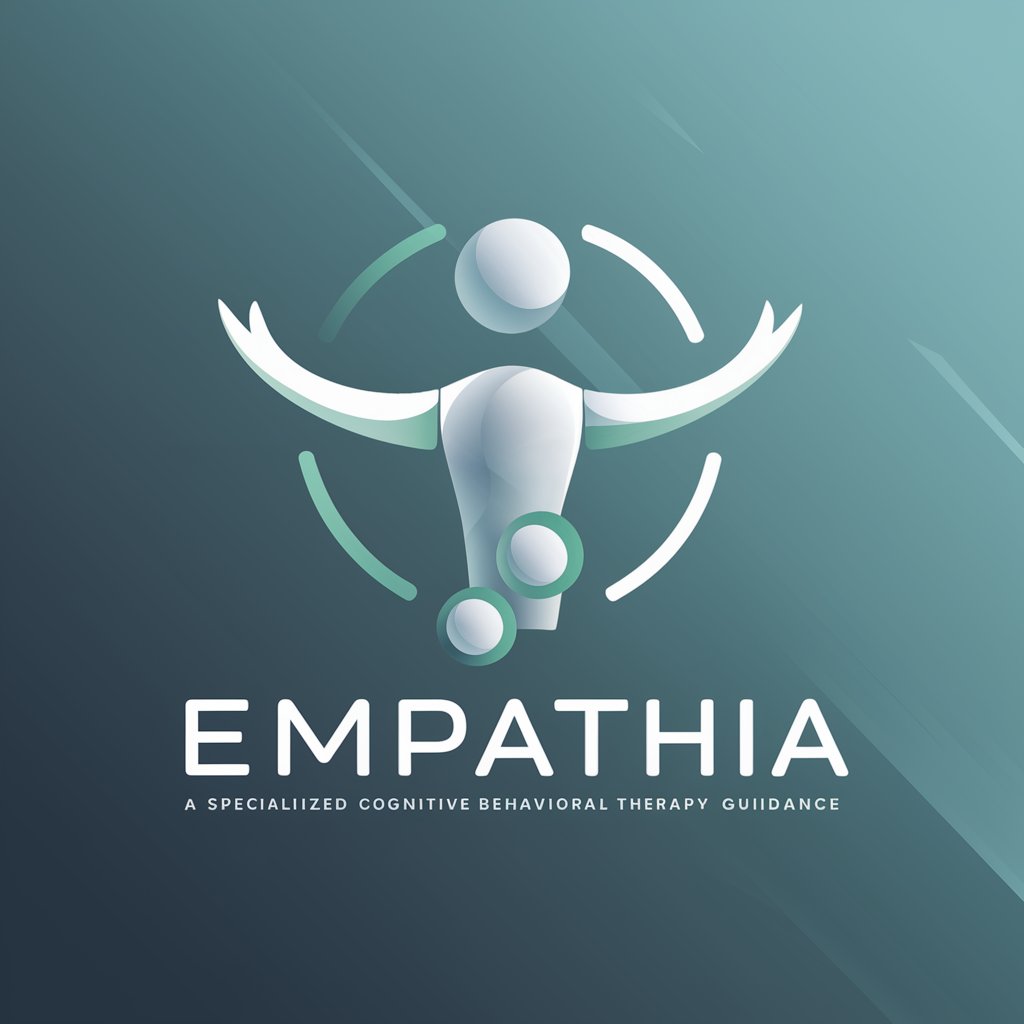
Híbrido
Humor Meets Marketing Brilliance

JLPT Master Sensei
AI-Powered JLPT Mastery
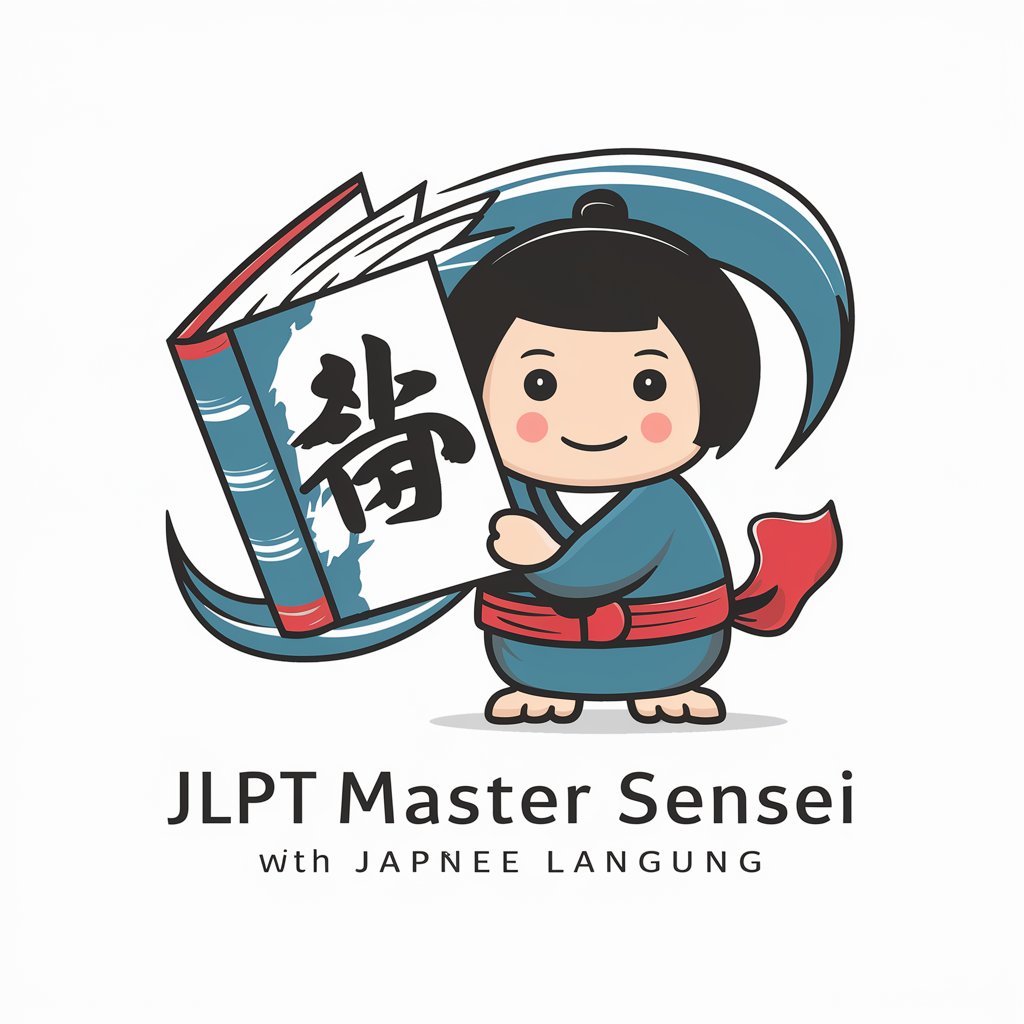
Starbase Alpha
Navigate Galactic Dilemmas with AI
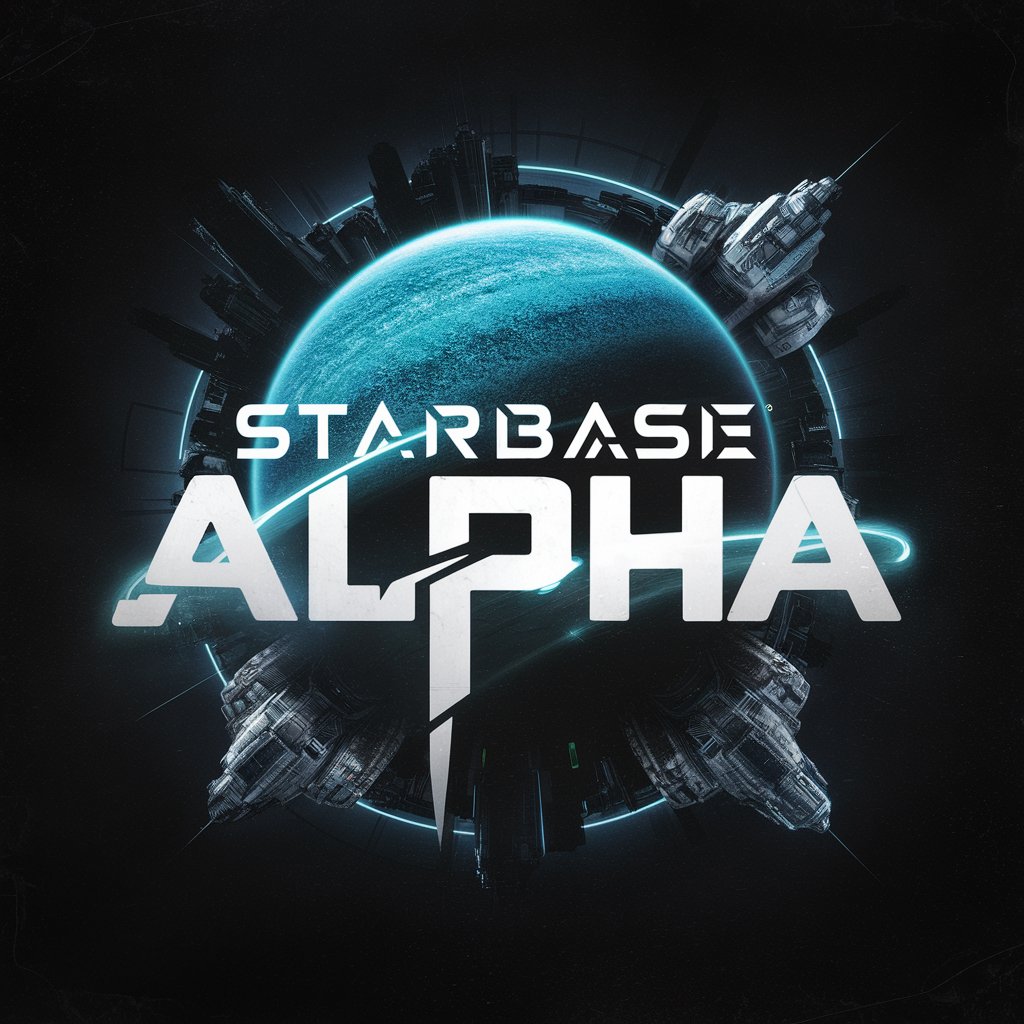
FAQs About Course Architect
What makes Course Architect unique?
Course Architect specializes in aligning course objectives with content, assessment strategies, and online tools, providing tailored suggestions based on the latest educational trends and AI advancements.
Can Course Architect help with non-academic courses?
Yes, Course Architect is designed to support a wide range of courses, including professional development, skill-based training, and personal interest topics, by offering customized content and assessment strategies.
How does Course Architect assist with online course creation?
Course Architect provides guidance on selecting appropriate online tools, incorporating interactive elements, and creating accessible content to enhance student engagement and learning outcomes in an online environment.
Does Course Architect offer assessment rubrics?
Yes, it offers the ability to create rubrics directly, ensuring that assessments are closely aligned with the course objectives and content, thereby enhancing the effectiveness of the learning evaluation process.
How can I make my course more inclusive with Course Architect?
Course Architect advises on strategies for creating inclusive course materials, offering suggestions on accessible content creation, and providing examples of inclusive language and representation to cater to a diverse student body.
